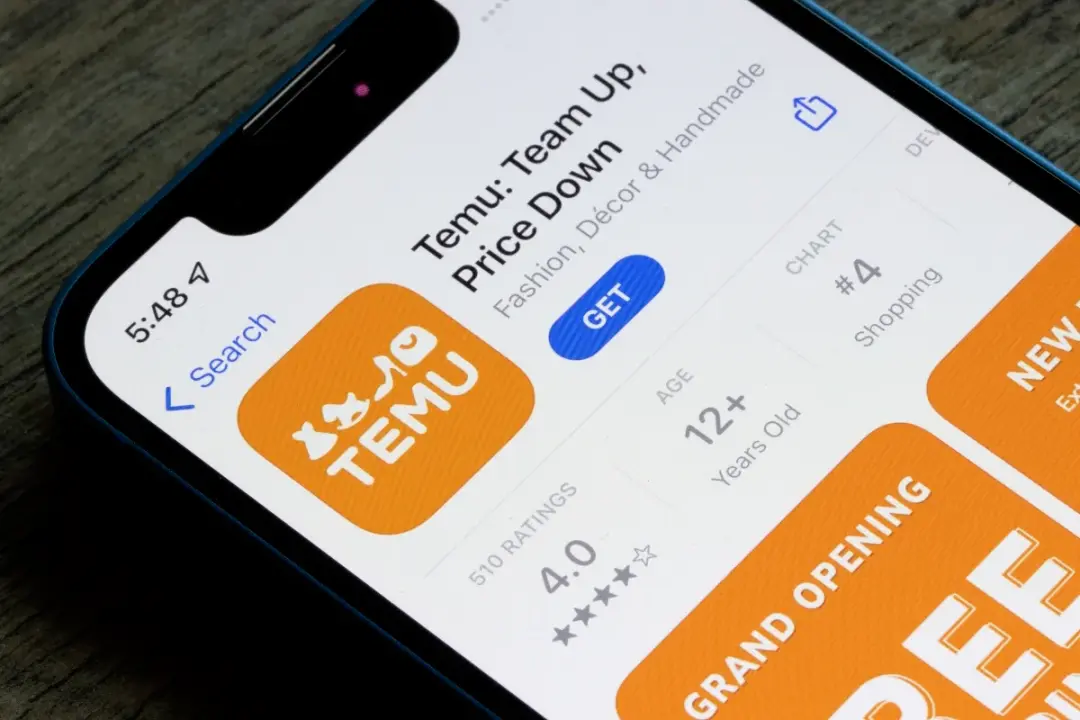
What is the CPC Certificate Required for Listing Toys on TEMU?
To list toys on the TEMU platform's U.S. site, it is mandatory to obtain the CPC certification and report, and the product must have a compliant label before it can be listed.

What is a CPC Certificate?
CPC stands for Children's Product Certificate, a certification mandated by the U.S. Consumer Product Safety Commission (CPSC). The cpc certificate is a written document issued by the manufacturer or importer, affirming that the product complies with all applicable children's product safety rULes. Specifically, the CPC certificate must be based on testing results from a CPSC-recognized third-party laboratory, and both the certificate and the test report must be in English, covering the product identification information.
For toys sold on the U.S. platform, particularly those intended for children under the age of 12, CPC Certification is usually requiRED. CPC certification covers a wide range of children's products, including but not limited to toys, electronics, children's supplies, automotive and motorcycle parts, and construction materials. These products must have CPC certification when entering the U.S. market or being sold in the U.S. CPC certification requirements include product material safety, product design safety (such as small parts, edges, and surface treatment), electrical safety, and flammability characteristics.
CPC Standards Mainly Involve the Following Tests:
1. cpsia Total Lead and Phthalates: Testing the content of lead and phthalates in the product to ensure it does not exceed safety limits.
2. ASTM F963 Toy Standard: A comprehensive safety standard for toy products, covering various aspects such as mechanical and physical properties, flammability, and toxicity.
3. Specific Product Standards: For different types of children's products, such as electric toys, rattles, pacifiers, and children's clothing, the CPSC has also established specific safety standards, such as 16 CFR Part 1505 (Electric Toy Safety Standard), 16 CFR Part 1510 (Rattle Requirements), and 16 CFR Part 1511 (Pacifier Safety Standard).
CPC Certification Label Requirements:
A CPC certification label must contain the following essential information:
1. Product Information: Including the product name, model, and other descriptive information to allow consumers and regulatory authorities to accurately identify the product.
2. Manufacturer Information: The name, address, and phone number of the manufacturer or private labeler to ensure they can be contacted when necessary.
3. Production Date and Address: The production date (must be specific to the month and year) and the production address (must be specific to the city). This information helps trace the product's production batch and origin.
4. Testing Date and Address: The time and place where the product was tested, usually provided by the third-party testing laboratory.
5. Third-Party Testing Institution Information: Including the name, address, and contact number of the testing institution, to prove that the product has undergone qualified testing.
Additionally, the CPC certification label may include other safety-related information, such as warnings and usage instructions, to help consumers use the product correctly and avoid potential safety risks.
Placement of the CPC Certification Label:
The CPC certification label should be placed in a prominent location on the product and its packaging so that consumers and regulatory authorities can easily find it. For small products or packaging, if attaching the label affects practicality or aesthetics, relevant information can be provided in the product manual or other parts of the packaging. However, the product must contain enough information to trace it back to the manufacturer and production batch.
Permanency of the CPC Certification Label:
The CPC certification label must be permanent, meaning it should remain clear and legible throughout the expected life of the product. Manufacturers must consider the durability and stability of the label when designing and producing the product. For labels on disposable packaging, as long as they are durable enough to REACH the consumer and remain legible, they are considered to meet the permanency requirement.
Compliance Inspection of CPC Certification Labels:
Before the product is launched on the market, the manufacturer should ensure that the CPC certification label meets all relevant regulations and standards. Regulatory agencies and market supervision departments will also regularly conduct random inspections and compliance checks on children's products in the market. If a product is found without a CPC certification label or if the label information does not meet the requirements, appropriate penalties will be imposed, and the manufacturer will be required to rectify the situation.
CPC certification is a mandatory requirement for children's products in the United States, involving multiple aspects of testing. Obtaining CPC certification ensures that the product meets U.S. safety standards, raises market entry thresholds, and protects consumer rights. Cross-border sellers should closely monitor changes and requirements in CPC standards when selling products to the U.S. to ensure that their products can successfully pass certification and enter the market.
Email:hello@jjrlab.com
Write your message here and send it to us
 How Do You Get a CE Mark
How Do You Get a CE Mark
 IEC 60529 IP Rating Ingress Protection Standard
IEC 60529 IP Rating Ingress Protection Standard
 IEC 60601-1 Medical Electrical Equipment Basic Saf
IEC 60601-1 Medical Electrical Equipment Basic Saf
 European Authorized Representative Medical Devices
European Authorized Representative Medical Devices
 EU Waste Electrical and Electronic Equipment Direc
EU Waste Electrical and Electronic Equipment Direc
 How to Get CE Approval
How to Get CE Approval
 Accelerated Ageing Test
Accelerated Ageing Test
 IP Ingress Protection Testing
IP Ingress Protection Testing
Leave us a message
24-hour online customer service at any time to respond, so that you worry!




